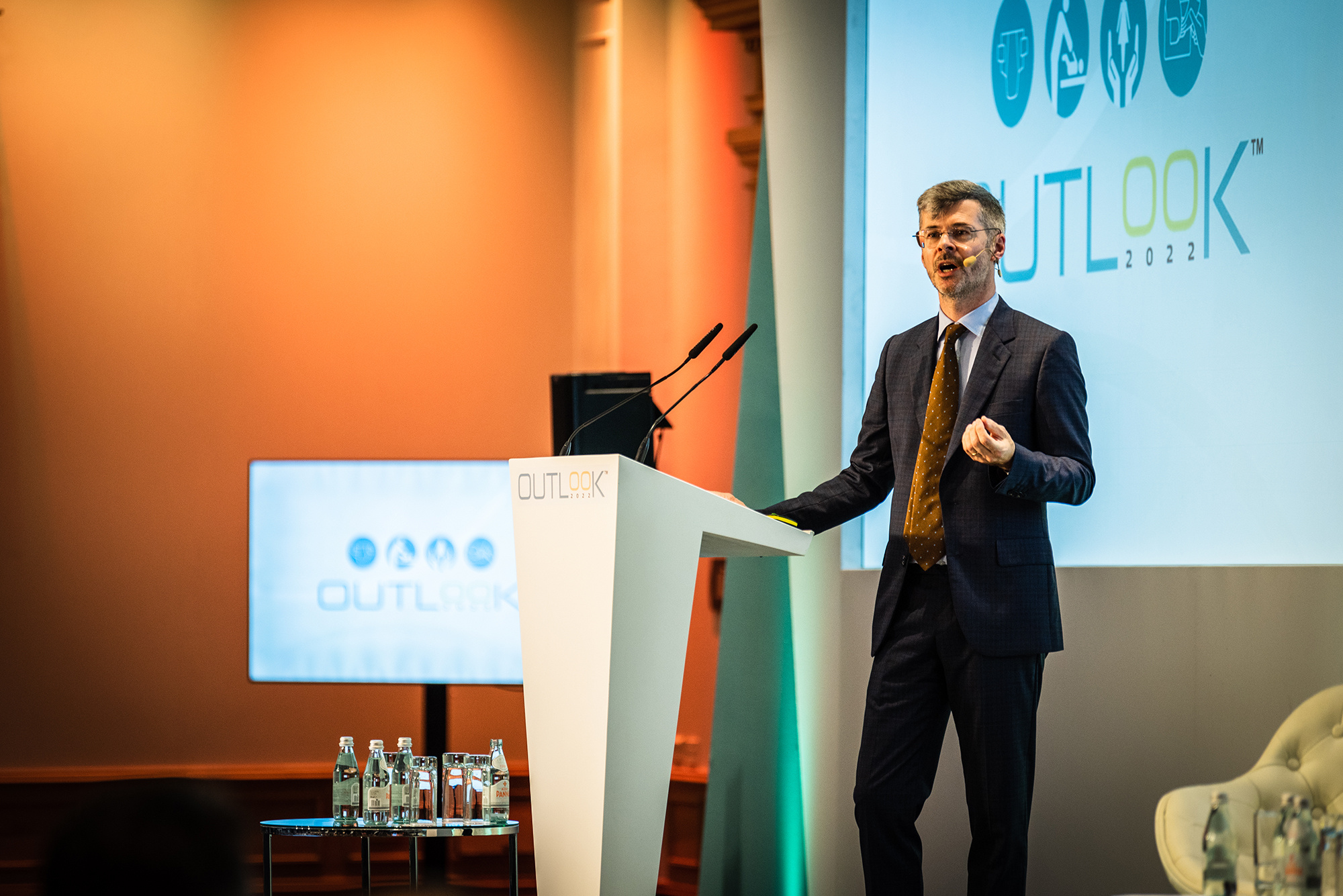Industry Insights OUTLOOK: Robert Ward


In your talk you addressed geopolitical risk and the need for companies to have their own corporate foreign policies. Why is that and what lead you to this conclusion?
Robert Ward (RW): The sunny uplands of globalization, really kicked in after China entered the global economy, through the WTO in 2001 and ran up to the great financial crisis in 2008 when everything changed. The fact that the world was completely accessible wherever you were – you could put your business in China and serve a European market – that world, unfortunately, ended in 2008. Since then, geopolitical stresses have become more acute and the definition of economic security – which involves governments – has got broader and broader. If you are a multinational business trying to navigate all of this, I think you do need to develop geopolitical antennae.
You need to be thinking if you're mission-driven, how you navigate doing business with China; doing business in a part of the world that maybe is growing more quickly, but has more autocracies or dictatorships, rather than democracies. You do need to be developing a geopolitical, corporate foreign policy to navigate that. You can't just think about consumers and margins in the old way. I think you also need to have a sense, peripheral vision, of what's going on politically and in security terms as well.
What about sustainability? When dealing with crises do other issues get forgotten or should they be even more of a priority for innovation and new business opportunities?
RW: Innovation, opportunity, these tough situations are triggers for innovation as well. I think you're going to see some new ideas, particularly in the nonwovens sector, but it’s also going to be a tough couple of years, because government attention I think is focused on supporting consumers and getting through the energy crisis. Ultimately that will constrain governments’ ability to invest, as much as they should, in the energy transition.
One of the things that I'm looking at is how much money governments need to invest. For example, just in making houses more energy efficient or getting people using things like air or ground source heat pumps. These are simple things, but they all cost money. If governments really want to drive the transition to achieve carbon neutral goals, this will require a lot of government investment, the likes of which we haven't seen previously I think in our lifetime.
So far, I haven't seen much evidence that the governments are actually developing convincing plans to make this happen. However, Russia's invasion of Ukraine and the issues with gas and oil, I think they will accelerate the debate around this.
Clearly for companies who need to preserve margins and to make money, there will also be a lot of focus on efficiency and new technologies. During the session at OUTLOOKTM there were various comments about how the current crisis could be a trigger for innovation. I think that's absolutely right. The Black Death was a moment of intense crisis, but that provoked the innovation that we saw across science and all other areas with the Renaissance. I think the focus on value, function, and technology to make products more efficient and resilient will be important to watch going forward. It's a bit of a cliché, but these crises are also opportunities for innovation and taking business in a different direction.
Is this not an opportunity for businesses to take the lead? Not just in the energy sector itself, but in other areas too as companies are focused on reducing their own energy consumption and creating products that are more environmentally friendly.
RW: That has to be the way forward because the old way of consuming energy, even before Russia's invasion of Ukraine, that was already past its shelf life. I think you need to see companies being innovative and focusing on value and function, and thinking how to make products more energy efficient and so on. But there also needs to be a real push from government to nudge consumers and to change habits. At the end of the day, this also requires government investment. Currently, governments everywhere have their public finances stretched by what's going on in Ukraine and by other pandemic-related issues as well.